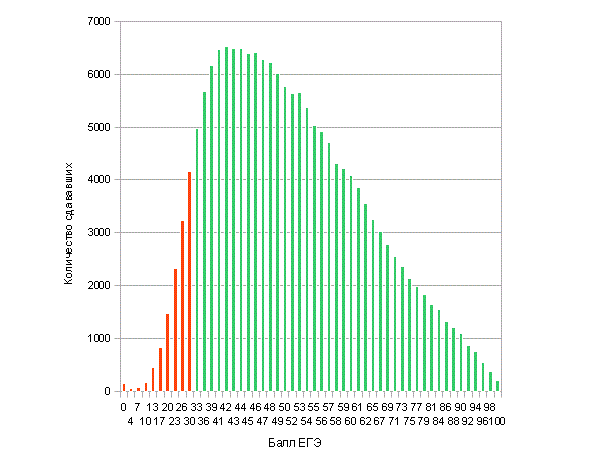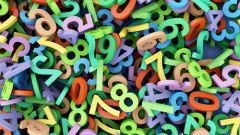You will need
- Internet access, certificate on results of unified state examination.
Instruction
1
Determine the need for passing the unified state exam in physics, which is quite complicated. Approximately 5-7% of those who completed it, failed. If you decide to take physics, check your knowledge by using sample test exam. Or complete the online test.
2
Rate the level of their own preparation for the exam in physics. Search the Internet on reputable sites various options mock tests for different years and solve them. Although the structure of the test in physics is slightly different, but not globally. For example, in 2012, modified the topics of the questions and criteria of assessment tasks. However, the total number of jobs and their type saved. There are still basic tasks (part a – 25) and high (part b – 4) complexity, and section C, 6 tasks which require a detailed answer. However, the last part time to start, only two-thirds of all dealer.
3
Find out the results of the exam for free through the Internet. Enter into the search form on the dedicated website your name, surname and passport data. Or contact for information at the point of examination. The results should be available no later than 3 working days after the announcement of the minimum points that are installed within 4 days after the exam. In remote regions the results of the exam can come 1-2 days later.
4
Compare your result of the exam in physics with a relatively low average outcome. In past years it was equal to about 51. The minimum score last year was 34.
5
If you received points only slightly above the average, expect to enroll in not the most prestigious faculties. If you score much more, get ready to learn in luxury field. If the result of the exam in physics not crossed the mark of 32-34 points, perhaps you should seek another profession.
6
If you are unsure of assignments and believe that the final result calculated incorrectly, do not be afraid to appeal. Some physical problems have multiple correct solutions. It is therefore possible discrepancy in the interpretation of findings. About a third of all appeals are reviewed.



